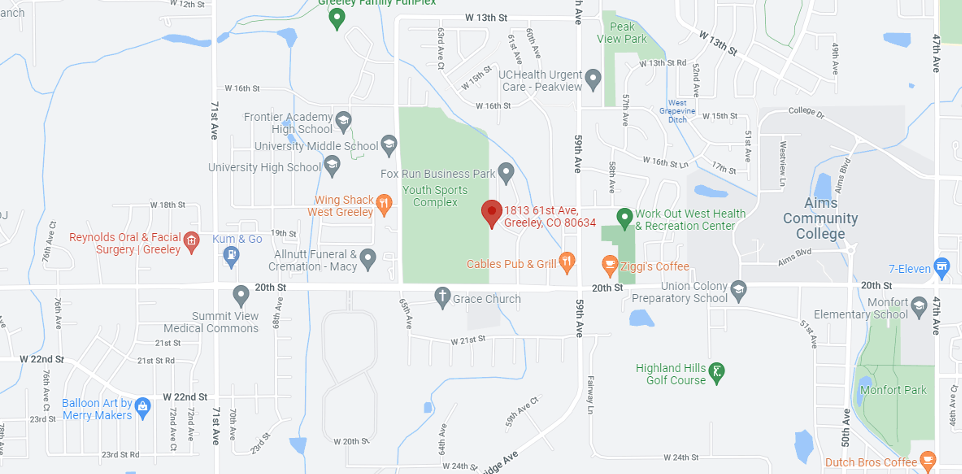Three Must-Have Dental Treatments
October 17th, 2024

There are numerous options for dental treatments out there, so how do you choose which are right for you? Our experts at Marr Family Dentistry have handpicked the three must-have procedures that we believe can benefit nearly every patient.
- Periodontal Exam: This should happen at least once a year and is quick and painless. Drs. Kevin and Kami Marr or your hygienist will carefully probe around each tooth and take measurements that indicate the health of the bone and its supporting tissue. This appointment is worthwhile because of the known fact that gum disease can increase the risk of potentially fatal conditions such as heart disease and stroke. Silent killers like diabetes can show signs in the mouth before the person becomes aware of other symptoms. Did you know adults lose more teeth to periodontal disease than to cavities? A simple screening once a year could save your smile and boost your overall health!
- Dental Sealant: For both adults and children, sealants provide a protective barrier from bacteria deep in the pits and grooves of the teeth where cavities often start. Sealants placed in childhood will often wear away in adulthood, so replacing them is useful because it can help prevent tooth decay later on. Dental insurance will likely not cover sealants for adults, but the cost of a sealant for prevention versus the cost of a filling is much lower, and definitely worth it.
- In-office Whitening: Most people develop tooth stains. in-office whitening at our Greeley office is the perfect way to correct discoloration. It’s safe and produces dramatic results in a short amount of time. In two hours, you could take years off your age. Who wouldn’t want that?



